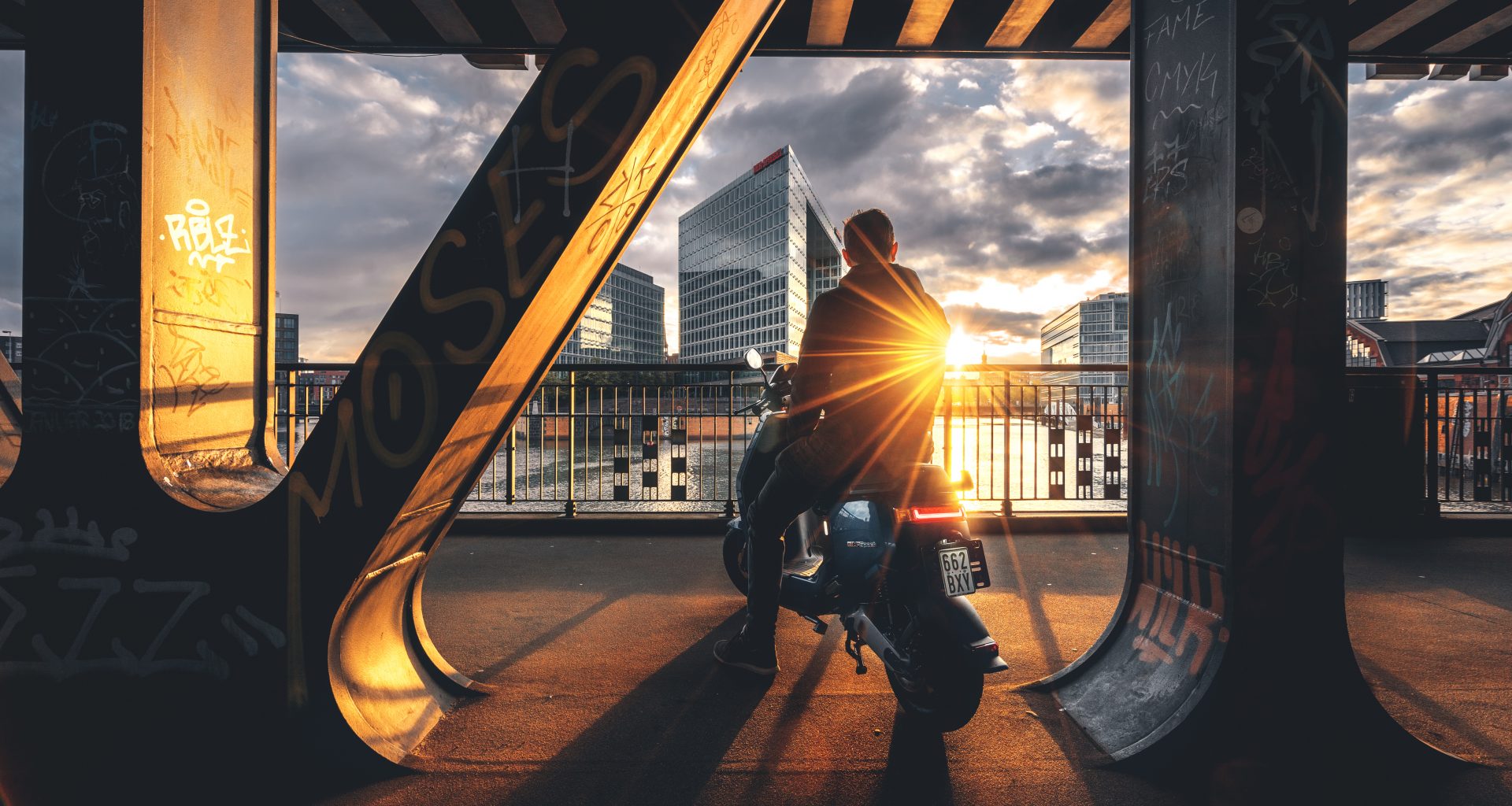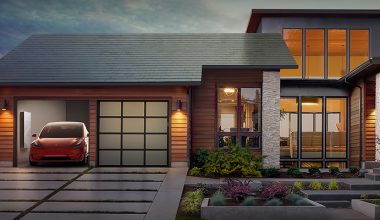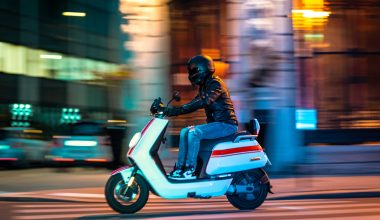eSkootr Racing Series Announced
The world’s first-ever international electric scooter race series was just announced this past week. The series of races, called the “eSkootr Championship” will begin in 2021, drawing competitors to major cities, racing on ultra-fast custom-built electric scooters. These custom scooters will accelerate up to 60mph.
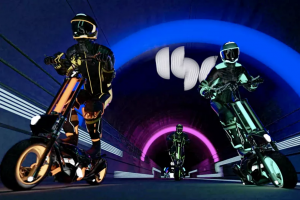
As of now, few details have emerged about the specifics – like who is funding it or who the competitors will be. What we do know is that the race’s organizers are focusing on three main things: accessibility, affordability, and sustainability. The races will be focused on promoting a zero-emission future with the aid of micro-mobility, advocating for the implementation of a fully clean energy urban infrastructure.
A Future without Cars

During the height of coronavirus, the unusual absence of cars overtook Manhattan. Vishaan Chakrabarti, founder of Practice for Architecture and Urbanism, an architecture firm, believes that there is an opportunity to move away from cars.
He proposes that the city bans privately owned cars. In addition to benefiting the environment, this proposal also uses city lands more efficiently. Car-dependent cities have an outrageous amount of land allocated to cars. For example, the land that Los Angeles allocates for parking exceeds the entire land area of Manhattan.
Cities around the world, such as Paris, have already begun to see the benefits of a car-free traffic system. Traffic in Paris has fallen by 40 percent in the last decade.
Chakrabarti illustrates the idea of street equity. Traveling by bikes takes up far less space than privately owned cars. While banning all privately owned cars proves to be extreme, Chakrabarti advocates for a move to become less reliant on them.
Going “Deep Green”
Some developers are looking into making their buildings even greener than ever before with “deep green” architecture. This new approach, spearheaded by non-profits, educational institutes, and mission-driven owner-occupants seeks to push the limit on previous green technology – ALL of a building’s power can actually be generated from garden fertilizer or even toilets.
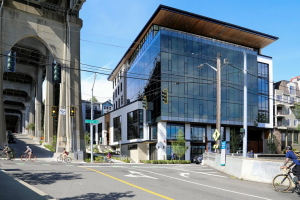
Other ways various buildings have already begun to go deep green include using a slanted roof to catch stormwater for filtration and usage, and an entirely photovoltaic system on the roof of one building that produces energy to power the building. Technology costs have decreased, and once implemented, the operating cost decreases. Now, with the pandemic and sustainability on the rise, going deep green appears to be the way of the future.
Dry Ice-Cooled Electric Bike to Set a New World Record
Voxan Wattman, a French motorcycle manufacturer, may have found a new way to break the world record for speed. Originally, they were aiming to break the record in July of this year. However, they have postponed their attempt to next year due to Coronavirus. The team aims to reach a speed of 205miles per hour (mph), breaking the current record of 203.1 mph.

The new bike boasts several innovative designs. First, they improved the Aerodynamics with unique front suspension design. The bike also has a 15.9kWh battery, which unloads most of its power in a very short period of time.
Notably, the dry-ice component of the bike proves to be an original design. Frozen carbon dioxide will be placed inside the frame of the bike, moving heat away from the moto and batteries. We are looking forward to seeing this bike in action!
Uber Boat Introduced in London
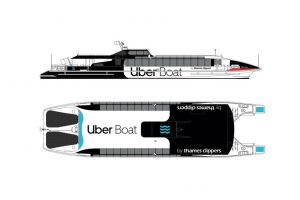
After losing revenue due to the Coronavirus pandemic, Uber, an American-based ride-sharing company, is looking to diversify its business. Just last week it acquired Postmates, a meal delivery service. Uber is now looking to implement a way to book boat journeys in London. They partnered with Thames Clippers, a river bus service on the Thames River. Between the two companies, they branded the 20 fleets of boats as “Uber Boats by Thames Clippers.”
What would this look like for users? Customers will be able to book boat rides using the Uber app and use the generated QR code to board. Different from the original Uber app, boat routes will be set. With the implementation of social distancing guidelines, Uber advocates that boat rides will be safer than other modes of transportation.
Written by: Sam Heimowitz and Jenny Tan
